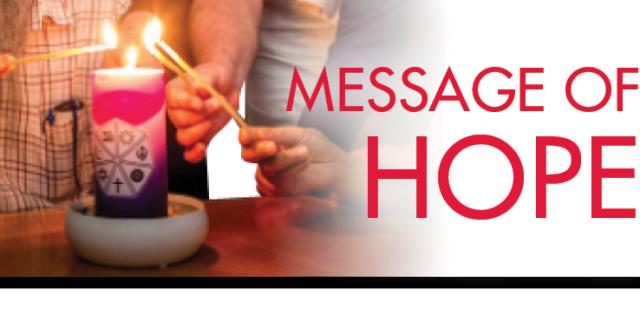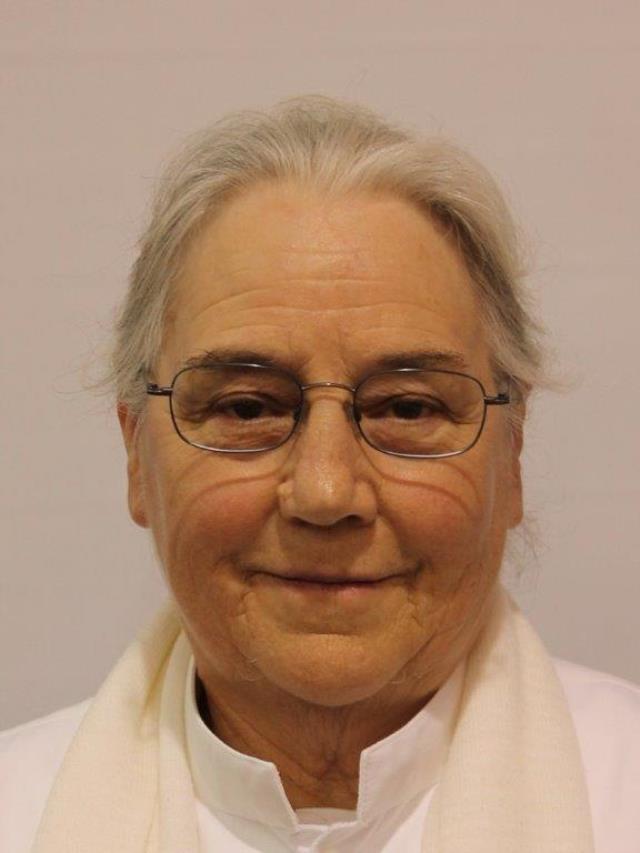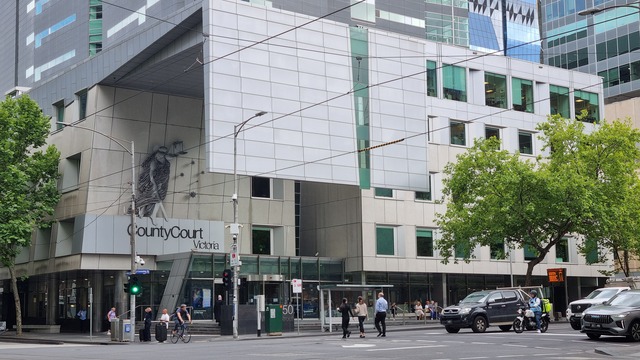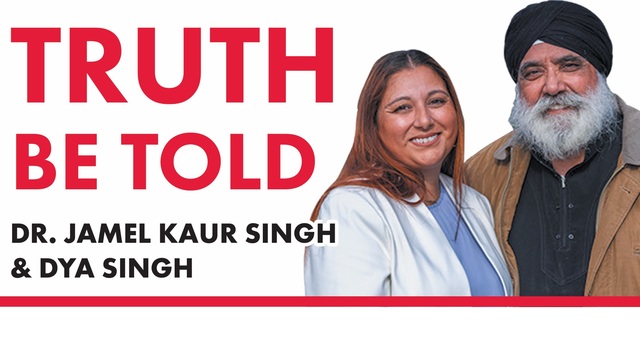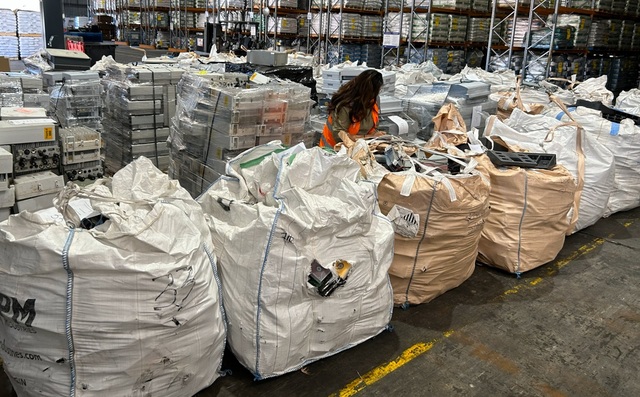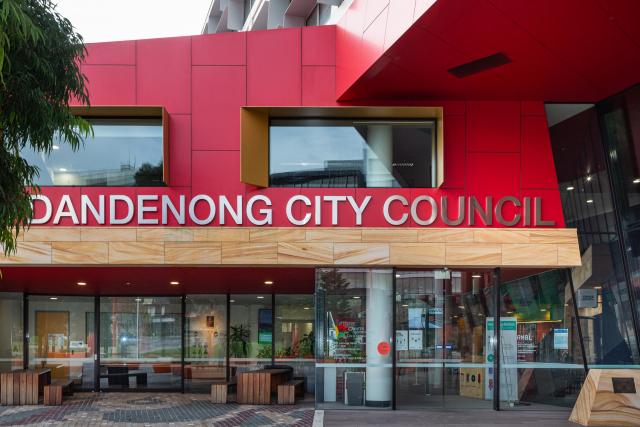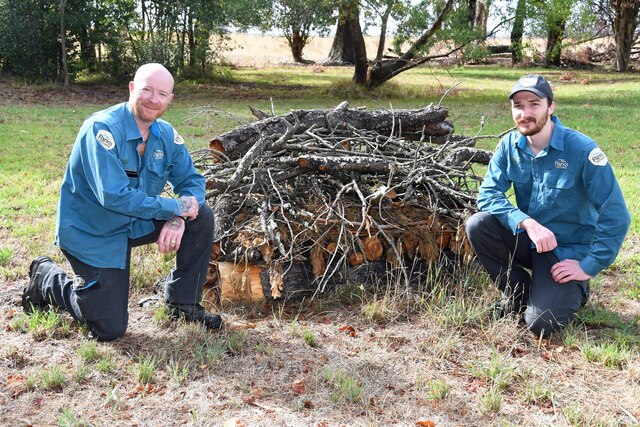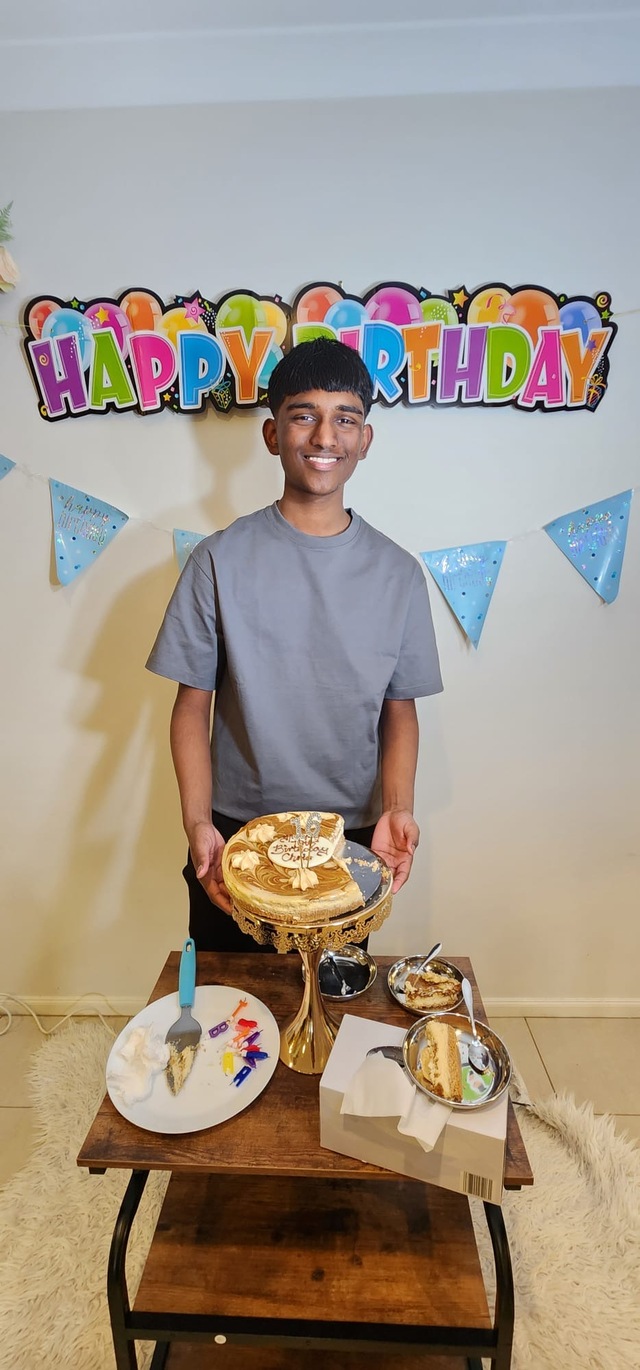Every day we are living a life of hope.
We trust the routine we have established and we walk confidently into our day.
Then something happens, usually unexpectedly, to challenge us.
What is our first reaction? In our thoughts we respond and here is the seat of our mood.
Cheerful or troubled? Despondent or hopeful?
These attitudes start with our thoughts in response to the situation.
It is a clearly researched fact that good and positive thoughts give us energy and strength and that the opposite, negative thoughts, make us feel hopeless, tired and strained.
So clearly positive thoughts are resilient and energising and give us courage to think outside the square for solutions.
Even to the point of being able to make a positive response to a negative put down.
To be able to do this we need to understand how our thoughts elicit our reactions and that when we practice thinking positively about ourselves, we build up a resource of hope.
Then we can believe in our being able to bring about a meaningful resolution at any time to protect our feelings from descending into despondency.
How do we develop a resource of self-care?
We can understand that when we are in a peaceful environment, quiet and reflective, we feel at peace with ourselves and there is a natural feeling of gratitude, and of kindness.
When we learn to appreciate these experiences and hold them in our memory bank, they can be a resource in times of unease.
We flick the pages of our journey to remember how we felt and we emerge that feeling again to quell the disturbance in our thoughts and feelings.
In other words to pour some cool water, figuratively speaking, on the volcanic rumblings of our thoughts.
We establish a spiritual resource of appreciative, grateful, and kind thoughts that make us happy and optimistic.
It has been proven that the more you hold onto a particular thought, the more it will grow.
So, what is the benefit of storing positive thoughts from my experiences?
It will become a resource to switch into when challenged.
To think, “I am this peaceful, kind, appreciative person”, will slow my thoughts to the extent that it allows me space to prepare an appropriate response, find a solution, explore for a better outcome, and gives me time to consider my options.
I build hope in myself to find a solution that will benefit me.
I am then responsible for my feelings.
Now, how do I build up this source of resilience?
When I am in a quiet mood, in a quiet space, I spend time to go through my day with a benevolent attitude to focus on benefits.
Then remind myself of this experience, more than once, so it sits in my memory firmly.
The more I do this in reflection the more it will take root and grow.
When emerged it will initially calm my mind and allow me to create new thoughts.
It becomes spiritual self-care in right thinking over faulty thinking. It strengthens hope.
Enquiries regarding the Interfaith Network, City of Greater Dandenong administration@interfaithnetwork.org.au or 8774 7662.
Visit – https://interfaithnetwork.org.au/

